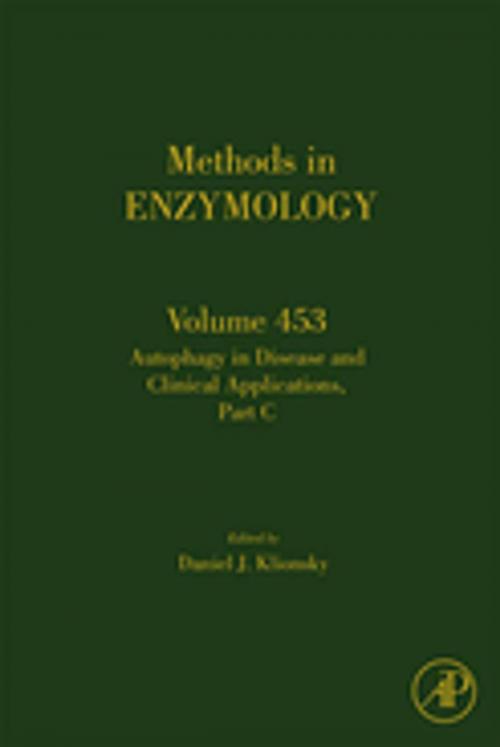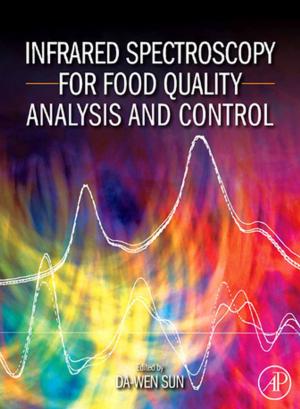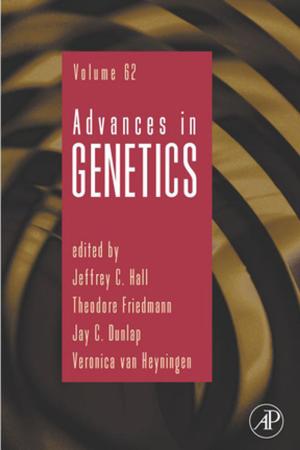Autophagy in Disease and Clinical Applications, Part C
Nonfiction, Science & Nature, Science, Biological Sciences, Cytology, Other Sciences, Molecular Biology| Author: | ISBN: | 9780080958484 | |
| Publisher: | Elsevier Science | Publication: | March 10, 2009 |
| Imprint: | Academic Press | Language: | English |
| Author: | |
| ISBN: | 9780080958484 |
| Publisher: | Elsevier Science |
| Publication: | March 10, 2009 |
| Imprint: | Academic Press |
| Language: | English |
The third and final installment of Daniel J. Klionsky's new three-volume treatment of autophagy, this volume focuses on monitoring autophagy with regard to disease connections, and presents methods that can be used to analyze autophagy in clinical samples. Edited by one of the leading authorities in the field, this volume and its companion volumes, Autophagy: Lower Eukaryotes and Autophagy in Mammalian Systems, provide a comprehensive overview of the techniques involved in studying autophagy in eukaryotes and simple animal systems, mammalian cells and non-human animals, and humans.
Particularly in times of stress, like starvation and disease, higher organisms have an internal mechanism in their cells for chewing up and recycling parts of themselves. The process of internal “house cleaning in the cell is called autophagy – literally self-eating. In the future, research in this field will help to design clinical approaches that can turn on autophagy and halt tumor growth.
* Provides an overview of autophagy in regards to humans, specifically regarding disease connections and clinical samples.
* Includes methods to evaluate the role of autophagy in the drug-induced cell death of cancer cells in culture
*Presents reliable methods that, in this relatively new field, allow the reader to find appropriate techniques to identify, monitor, and quantify autophagic processes
The third and final installment of Daniel J. Klionsky's new three-volume treatment of autophagy, this volume focuses on monitoring autophagy with regard to disease connections, and presents methods that can be used to analyze autophagy in clinical samples. Edited by one of the leading authorities in the field, this volume and its companion volumes, Autophagy: Lower Eukaryotes and Autophagy in Mammalian Systems, provide a comprehensive overview of the techniques involved in studying autophagy in eukaryotes and simple animal systems, mammalian cells and non-human animals, and humans.
Particularly in times of stress, like starvation and disease, higher organisms have an internal mechanism in their cells for chewing up and recycling parts of themselves. The process of internal “house cleaning in the cell is called autophagy – literally self-eating. In the future, research in this field will help to design clinical approaches that can turn on autophagy and halt tumor growth.
* Provides an overview of autophagy in regards to humans, specifically regarding disease connections and clinical samples.
* Includes methods to evaluate the role of autophagy in the drug-induced cell death of cancer cells in culture
*Presents reliable methods that, in this relatively new field, allow the reader to find appropriate techniques to identify, monitor, and quantify autophagic processes















